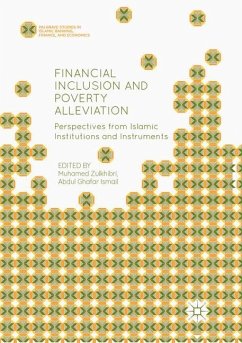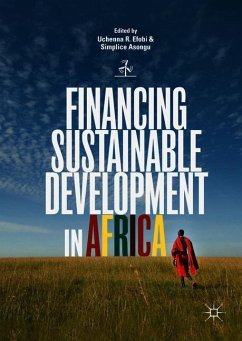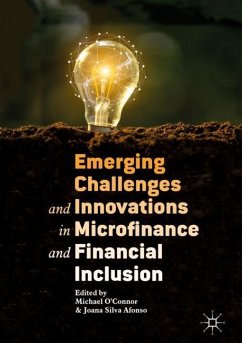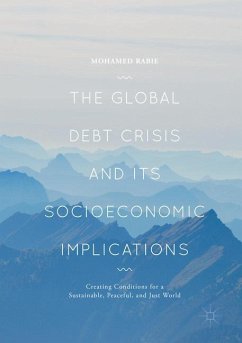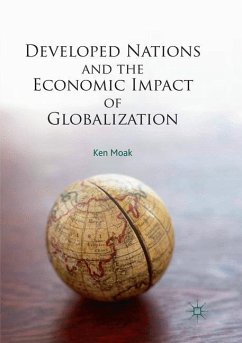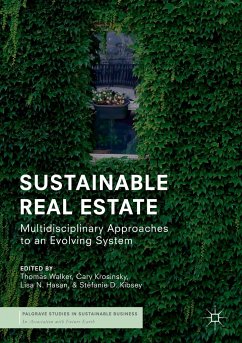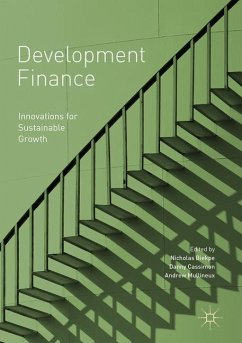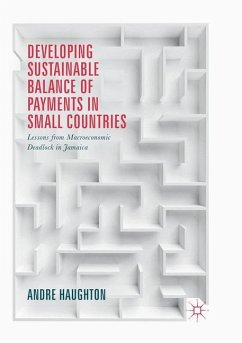
Financial Inclusion and Poverty Alleviation
Perspectives from Islamic Institutions and Instruments
Herausgegeben: Zulkhibri, Muhamed; Ismail, Abdul Ghafar

PAYBACK Punkte
49 °P sammeln!
This book explores the relationships between financial inclusion, poverty and inclusive development from Islamic perspectives. Financial inclusion has become an important global agenda and priority for policymakers and regulators in many Muslim countries for sustainable long-term economic growth. It has also become an integral part of many development institutions and multilateral development banks in efforts to promote inclusive growth. Many studies in economic development and poverty reduction suggest that financial inclusion matters. Financial inclusion, within the broader context of inclus...
This book explores the relationships between financial inclusion, poverty and inclusive development from Islamic perspectives. Financial inclusion has become an important global agenda and priority for policymakers and regulators in many Muslim countries for sustainable long-term economic growth. It has also become an integral part of many development institutions and multilateral development banks in efforts to promote inclusive growth. Many studies in economic development and poverty reduction suggest that financial inclusion matters. Financial inclusion, within the broader context of inclusive development, is viewed as an important means to tackle poverty and inequality and to address the sustainable development goals (SDGs). This book contributes to the literature on these topics and will be of interest to researchers and academics interested in Islamic finance and financial inclusion.





